Google search engine defines structured data as standard formats for describing pages and indicating their classification. Schemas are meant to make it easier for search engines to understand a webpage so they can display snippets of information when searching.
Schema markup helps you to highlight some elements of your content in search engine results pages (SERPs) so that search engines can easily find it. By implementing schema markup, search engines can read and display important information. Several popular search engines, including Google, Bing, Yahoo!, and Yandex, use this markup to improve the appearance of the search results, which in turn helps users find the information they need.
The following guide will show you how to get started with schema markup for SEO on your website.
What is Schema Markup in SEO?
In order to serve rich results, search engines use schema markup to understand your website content better and improving SEO. It allows them to display information more intelligently, particularly when it needs to pull data from multiple sources.
Rich snippets can improve the click-through rate in organic search results.
Rich Snippet: Usually, people click on more detailed results.
Increasing the click-through rate of a search result will likely lead to more traffic. It is because more people are clicking on your result and trying to access the information you provide and improving SEO and Google ranking.
For example: Below is an example of 2 types of snippets :
1. Rich Snippet
2. Normal snippets.
The difference in rich snippets is that you can see extra information like reviews and ratings.

Normal Snippet

Rich Snippet
You can attract more clicks and traffic by including rich snippets of your site on the Google results page. We can use structured data markup to create rich snippets.
To increase organic CTR (click-through rates), you can target rich snippets in your SEO Strategy.
Why is Schema Markup Important in SEO?
Website owners can provide precise information about their content by using schema markup. A search engine can easily access useful content right away.
Some of the benefits of schema markup in SEO are listed below.
1. Schema helps search engines deliver better results: Google uses schema markup to determine the relationship between the entities on your webpage, while your content tells your site information. For instance, if you are publishing an article, you can add some description about the book, the author of the article, etc.
2. Schema boost brand presence with knowledge graph: It is necessary for your brand, or the services you offer, to provide instant answers to questions. Users can find information about companies in Google’s knowledge graph.
Businesses gain the most from the Knowledge Graph. They can showcase their information including website links, directions, reviews, contact information, etc.
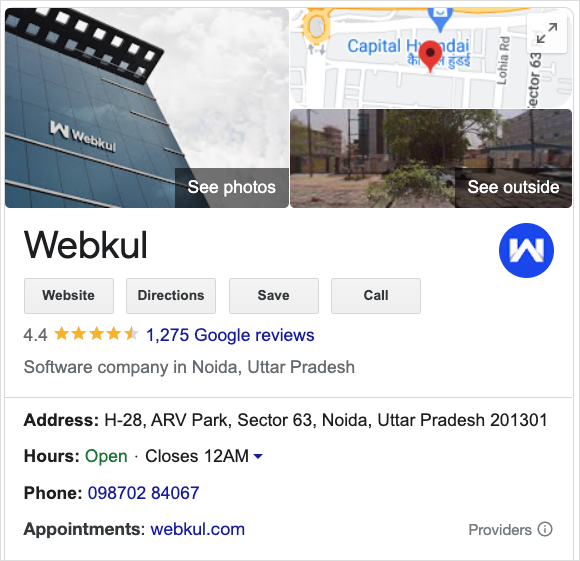
3. Schema Improves CTRs by creating attention-grabbing rich results: Schema markup has the benefit of taking up a lot of space in search engine results. You will see your CTRs rise when you offer relevant information to your users at the right time.
While schema markup might not directly boost your ranking, it could increase organic traffic.
4. Increase social media following: Give schema markup a must-try if you want to increase your followers on Facebook, Instagram, and Twitter.
You can get familiar social icons from the top platforms in your Google results by using the SameAs schema.
The link will direct you to your accounts. Building your social following through schema markup is a great way to get more real-time traffic. Social icons are visible upfront in search results, like in the example below.
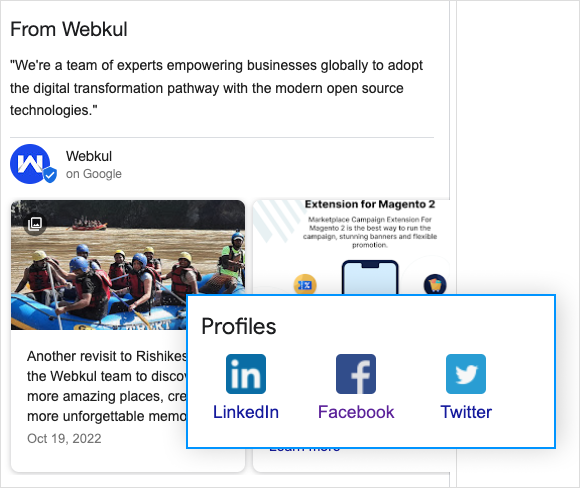
Types of Schema Markups in SEO
The schema.org vocabulary includes every type of person, place, and thing on the internet. The schema website lists all schema markups in SEO and their attributes.
There are several common uses for schema markups in SEO, including:
- Articles: Search engines use the article to determine whether an article is a news story or an investigative report.
- Events: It provides search engines with information about an event occurring at a set time and place, such as a concert, lecture, or festival.
- Products: It provides search engines with information about products or services. Such as pair of shoes, a concert ticket, or a rental car.
- Organization: It provides information about various organizations, such as schools, non-profits, and corporations.
- Review: It provides search engines with information about reviews of restaurants, movies, or stores.
- and many more.
Adding these markups to your site helps a search engine to know your website content. Use a rich snippet to display this data in the search engine.
The schema below displays reviews in search results.
{
“@context”: “https://schema.org”,
“@type”: “Product”,
“name”: “Bagisto – Laravel eCommerce”,
“image”: “https://bagisto.com/wp-content/themes/bagisto/images/logo.png”,
“description”: “An Opensource eCommerce ecosystem to build and scale your business built on Laravel”,
“sku”: “100”,
“mpn”: “100010254”,
“brand”: {
“@type”: “Brand”,
“name”: “Webkul Software”
},
“review”: {
“@type”: “Review”,
“reviewRating”: {
“@type”: “Rating”,
“ratingValue”: “4.9”,
“bestRating”: “5”
},
“author”: {
“@type”: “Person”,
“name”: “Bagisto”
}
},
“aggregateRating”: {
“@type”: “AggregateRating”,
“ratingValue”: “4.9”,
“reviewCount”: “325”
},
“offers”: {
“@type”: “Offer”,
“url”: “https://bagisto.com/en/”,
“priceCurrency”: “USD”,
“price”: “0”,
“priceValidUntil”: “2022-12-31”,
“itemCondition”: “https://schema.org/UsedCondition”,
“availability”: “https://schema.org/InStock”
}
}
Check the result below.
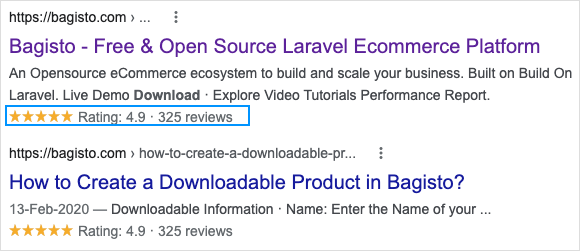
Schema Validation
The Rich Results Test is one of the most effective tools for schema validation. In the below example, I will show you the results by testing bagisto.com rich test.
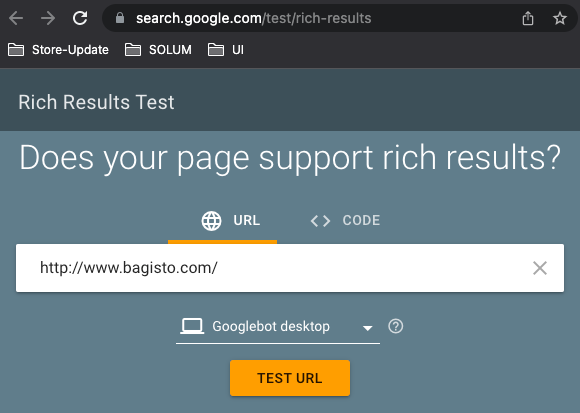
Here is the result that we got after testing.
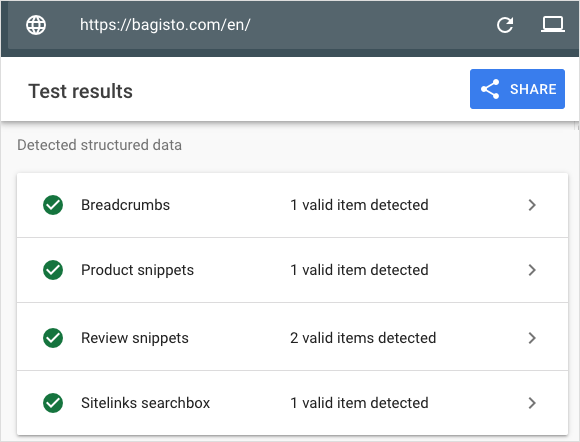
Use structured data to enable special features in Google Search results, then test it with Rich Results. It shows errors, suggestions and the type of rich result found on the page.
Designing Schema According to User’s Expectations
The question to ask is – What is the purpose of this page for a site visitor? What are their goals and how do they aspire? Content is created by answering those questions. Identifying a pattern can help you understand users when they type a search query. Some other benefits are :
- Users can get valuable information upfront which helps them to decide if the link will be useful or not to open
- It helps you rank better in local searches
- Your website becomes more visible, resulting in more traffic and more conversions
Tools to monitor your sites and performances
1. Google Console: Google Search Console is a tool that helps you learn about how Google sees your website and make it more effective. Smart SEO professionals can use data-driven design approach to make decision making process a lot more objective.
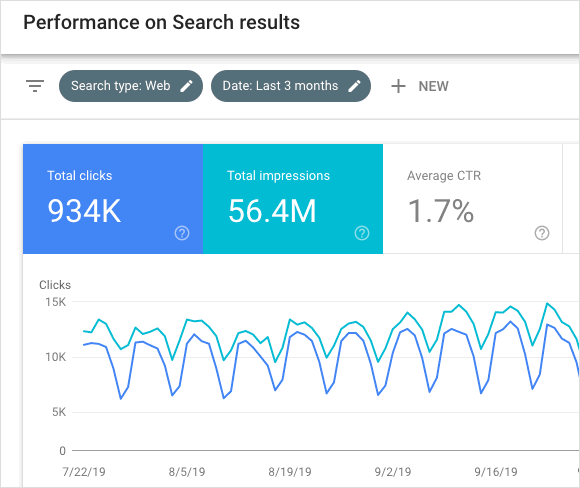
Here’s how you can use Google Console to improve your SEO.
- Track organic traffic, keyword rankings, CTR (click-through rate), average position, and traffic data.
- Resolving indexing issues
- Fix AMP issues, mobile usability issues, and any other search-related issues
2. Google Trends: You can use Google Trends to see the popularity of specific search terms on Google and YouTube for free.

Below you can find methods used in Google Trends to improve your SEO.
- Find out what’s recently trending
- Analyze trending topics or subtopics within an industry
- Conduct free keyword research/ related keywords
3. Google PageSpeed Insights: Google’s PageSpeed Insights tool helps to identify potential issues with their web pages. By analyzing site performance, this tool can help to ensure that users can interact with your site effectively and consistently.
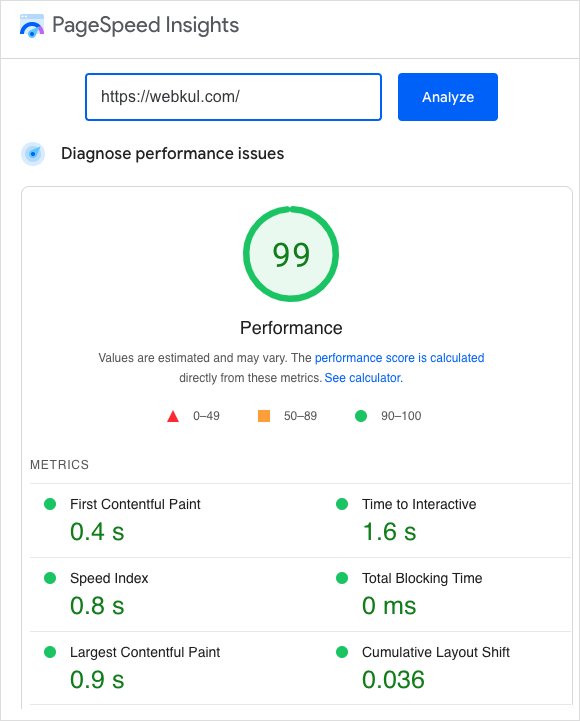
You can use PageSpeed Insights to see how a page performs on mobile and desktop devices.
Conclusion
As you can see that schema markup is not reserved only for the SEO elite but is being actively used by SEO enthusiasts and experts alike to translate their content to be understood and perform better in search engines. Schema markup is the most effective way to represent your brand.
With the help of schema, you can highlight relevant information on website pages and informative rich snippets. You can add a description with meta tags and relevant attributes to increase website reliability.
I hope you enjoyed the blog!



4 comments
thanx alot for this Blog!!! 🙂